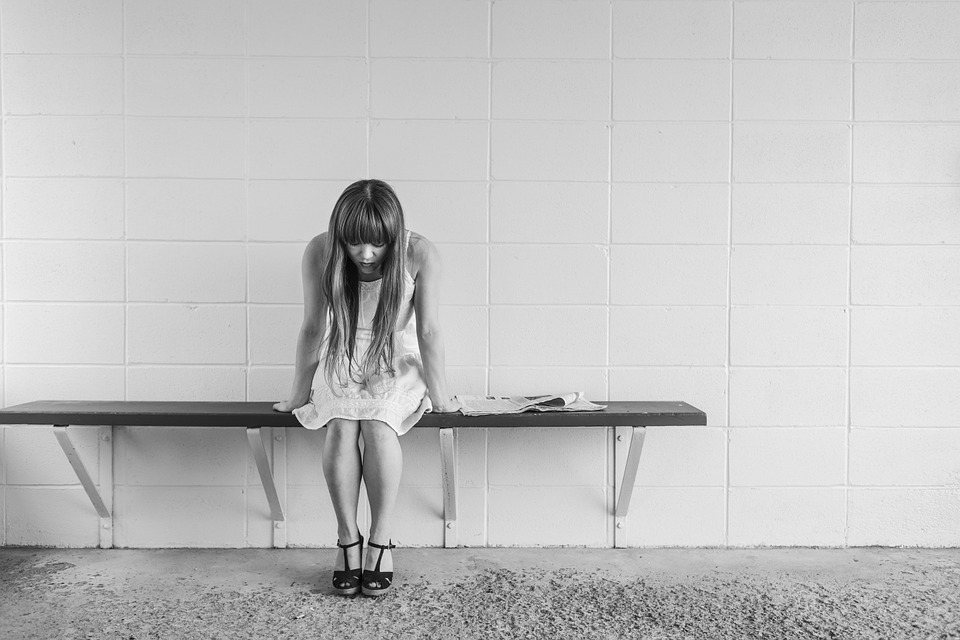
Anyone who is the victim of a sexual assault crime has the right to file a civil suit seeking financial compensation for injuries. These injuries would be sustained as a result of the crime from the assaulter or from others whose negligence gives rise to the conditions which allowed the crime to occur. A simple example would be an action by the victim of a sexual assault in her home against the man who assaulted her and against the landlord who failed to repair the broken lock on the front door of the building. Another example would be a massage therapist who assaulted a client at a Day Spa or Wellness Center without having a license or where previous complaints were reported and the company failed to do anything about it or hired the therapist knowing they had a history of sexual assault in the past.
A civil lawsuit may help the victim or the survivors of the victim where Court ordered restitution or State provided compensation may be inadequate or unavailable.
While the criminal justice system holds criminal defendants accountable for their crimes against the state, the civil justice system holds defendants who are found liable directly accountable to their victims. A civil lawsuit can provide for reimbursement of monetary losses as well as emotional and physical injuries suffered by the sexual assault victim. A civil suit gives the victims their “day-in-court” regardless of whether there was a full criminal trial. If there was a criminal trial and the assaulter was found guilty, this is extremely helpful for your civil case as well.
Unlike most states, New York does not have a specific statute of limitations (SOL) for sexual abuse, instead relying on the type of claim filed to determine what the SOL would be.
If the abuse is filed as an intentional act of the abuser, the statue of limitations is a year from the date of the incident for a civil case.
If it is an action against an institution (like a church or school) for hiring or supervising the abuser, then the SOL extends to three years.
NY statutes of limitations for children are different and don’t start until the plaintiff becomes a legal adult (at 18 years old). You, the plaintiff, would have one year after your 18th birthday to sue your abuser from childhood. If you wanted to sue an agency, a church for example, for negligence you would have three years after your 18th birthday to bring a claim.
It should be noted that the criminal SOL is different in NY than the SOL for civil lawsuits. For example, there is no time limit to pursue a criminal case for rape in New York. Other felony sexual assault crimes have a SOL of 5 years from the date of the incident to press criminal charges.
According to the National Center for Victims of Crime and the National Center for Domestic and Sexual Violence:
If your are dealing with a sexual abuse claim in New York, contact us today for a free and confidential consultation to discuss your rights. There are never any fees unless we are successful in making a recovery on your behalf. We have represented and helped many victims of sexual assault receive compensation and justice.